The Greek Gods and Goddesses of Night: The Power and Mystique of Ancient Mythology
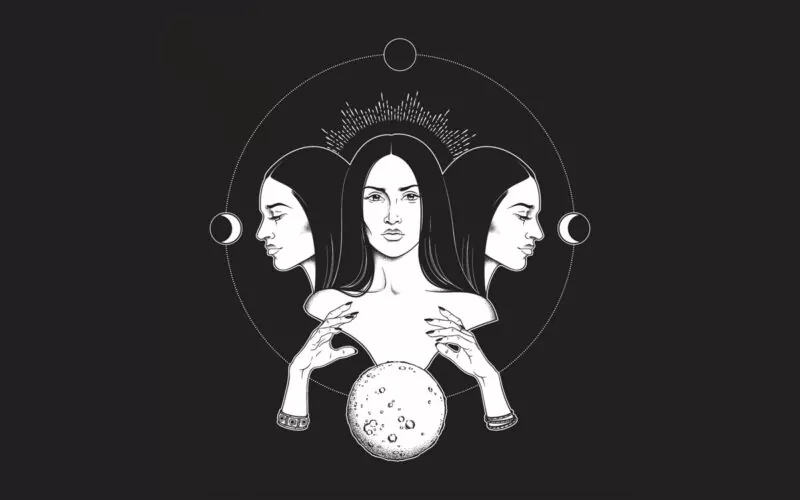
Of all the popular ancient mythologies in the world, few cultures have a pantheon as expansive and diverse as the ancient Greeks. Their gods and goddesses reigned over every aspect of life, embodying everything from love and wisdom to war and chaos. But when the sun set over the Aegean Sea, the gods and goddesses of night took center stage.
Now, darkness doesn’t necessarily mean that the deity representing it is evil. More likely than not, a deity representing the darkness or night would associate them with less popular, more controversial concepts. Think of gods and goddesses that represent taboo subjects.
But the night and darkness represent a good contrast, as both dark and light coexist, providing balance. This kind of balance is key to harmony. Here are the Greek gods and goddesses that represent this side.
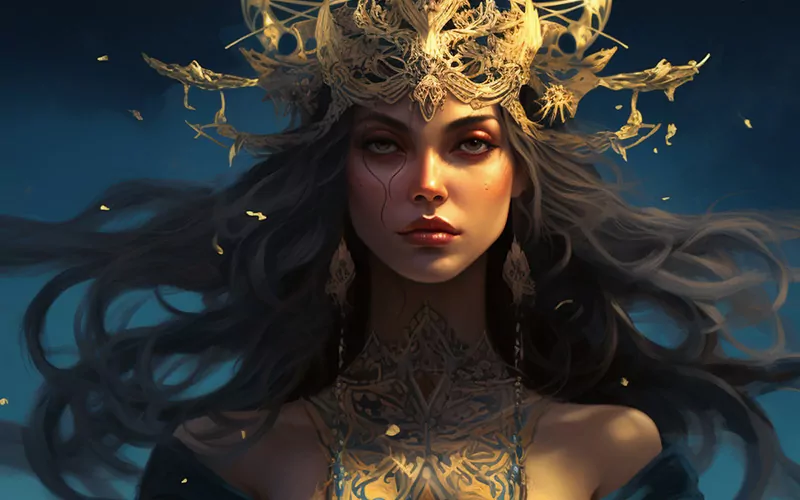
Nyx: The Goddess of Night
Nyx is the Greek goddess representing the night. She is the daughter of Chaos and is believed to be very beautiful. A primordial goddess, she was not born on Earth but rather on Gaia, and was also believed to have been created near the beginning of her time.
Nyx resides in the depths of the underworld, in a cave in Tartarus, and her shadowy presence makes her the personification of the night. She is often depicted in three different ways as either winged, a charioteer, or crowned with an aureole of dark mists. What set Nyx apart from other gods in Olympus was that she was the only one that even Zeus feared due to her strength and age.
One apparent instance of Zeus’s fear of Nyx was in Book XIV of The Iliad. Hera reaches out to Nyx’s son Hypnos, and asks him to put Zeus to sleep. Hypnos recalls how he played a role in one of Hera’s plots against Heracles but could not put Zeus in a deep sleep. When Zeus sought to drown Hypnos in the sea, he stopped when Hypnos hid in his mother’s cave.
Even with these attributes, Nyx is never spoken of as having done something more evil than what Zeus has done in any story. But she’s often mistaken as a villain figure in Greek mythology because of her mysterious nature. She was also never the figurehead of any cult and was worshipped more as a background deity.
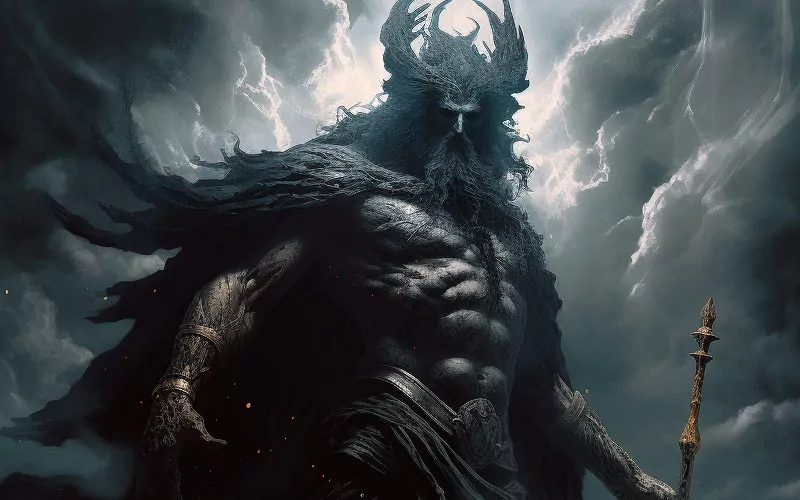
Erebus: God of Darkness
Erebus is the god of darkness as well as the brother and husband of Nyx. Also a primordial god, Erebus was the son of Chaos and one of the first five gods in the pantheon, including Hera, Zeus, and Aphrodite. Aside from Nyx, Erebus’s brother is Eros, the god of love, and his sister is Gaia, the goddess of the Earth.
Like Hades, Erebus was associated with the darkness and the underworld, meaning “place of darkness between Earth and Hades.” Erebus was often used to refer to the part of the underworld where the spirits of the dead pass after they leave their physical bodies. Despite having some similarities, neither Erebus nor Hades should be confused with each other. One example is that Erebus is sometimes referred to as a spirit, while Hades has more human characteristics.
He was credited with finishing the underworld after the gods created the earth, filling the empty places with dark mists. Erebus and Nyx used his dark mists to bring night to the world, and Greek poets described this as the “Veil of Night.” With Nyx, Erebus had many children, including Hypnos, Thanatos, Aether, Charon, and Geras, among others.
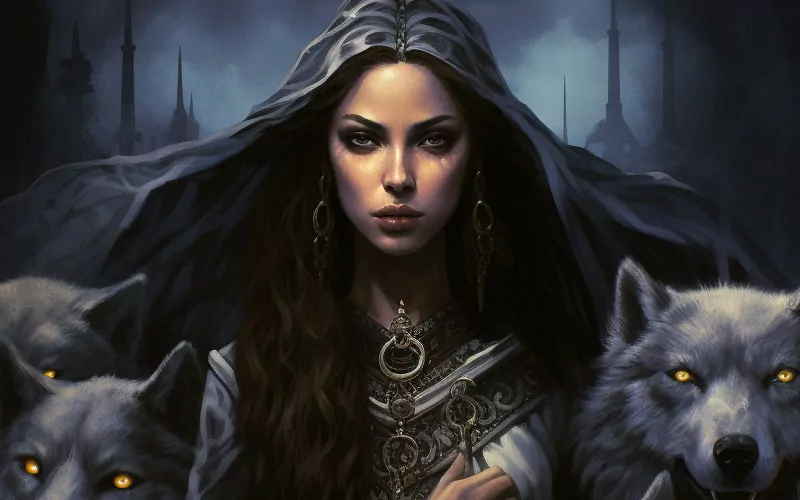
Hecate: Goddess of Magic and Night
Hecate, one of the oldest Greek goddesses, represents magic and the night. Some theorists suggest that Hecate’s belief predates even the earliest ancient Greek civilizations. Hecate is the daughter of Perses and another goddess on this list, Asteria. However, other stories in Greek mythology say that she is the daughter of Zeus and Demeter, or Zeus and even Nyx.
Hecate is also associated with crossroads, meaning that she is present at any potentially life-altering moment. It may be easy to view Hecate as a dark goddess because of her association with witchcraft, darkness, and the night. However, she also has an important job in guiding Persephone in the underworld when she travels to Hades.
Hecate has also helped Demeter look for Persephone when she was first abducted. Her association with witchcraft also likely inspired William Shakespeare to include a cult that serves her in his tragedy Macbeth. Hecate’s role is to guide witches of the past and present and help them in their work.
She is a necromancer and can summon the dead but, at the same time, is a healer. Hecate has both light and darkness and is often depicted at the crossroads as a woman with three heads and three white dogs protecting her.
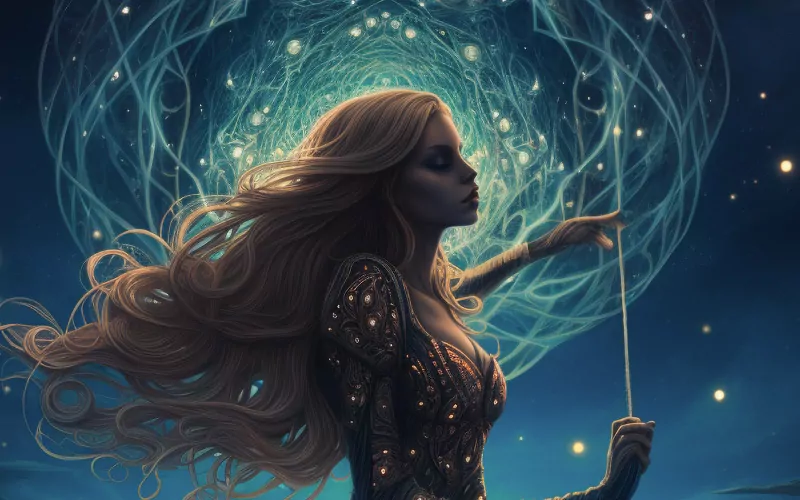
Asteria: Goddess of Nocturnal Oracles and Falling Stars
Asteria is referred to as a goddess and titan because of her heritage. She is the daughter of the Titans Coeus and Phoebe and the sister of Leto. The Greek poet Hesiod said that Asteria gave birth to Hecate with another titan, Perses. However, other authors claim that Hecate is the child of Asteria and Zeus, along with the fourth Heracles.
She is known for being pursued and desired by Zeus, and to escape, she transforms into a bird and then a wandering island. When Zeus impregnated her sister Leto and went into labor, Asteria was the only one willing to give her shelter. She defied Hera’s orders to keep Leto from seeking refuge. Leto gave birth to the twins Apollo and Artemis, and the island was named Delos.
Other Greek Gods and Goddesses of Night
Greek mythology has several more gods and goddesses that are associated with darkness and night. One who has been mentioned earlier is Hypnos, the god of sleep and the son of Erebus and Nyx. Hypnos was a calm and gentle god who was very much adored and revered by the Greeks in ancient times.
Hypnos’ birth has been a subject of debate. This is because some versions of the myth said he was the fatherless son of Nyx. Other versions said Hypnos was the progeny of Nyx and Erebus. Nevertheless, most of the myths about Hypnos cite that he is the twin brother of Thanatos, who personified death itself.
Outside the realm of Greek mythology, two notable gods and goddesses associated with the night and darkness were Chandra and Rahu. Chandra is the Hindu god of the moon and the night, plants, and vegetation. The Hindu god Rahu is more associated with celestial phenomena like meteors.
Greek gods and goddesses of night offer a fascinating insight into the ancient Greek’s understanding of the world and their place in it, reflecting their fears, hopes, and the inexplicable mysteries of life that only come alive when bathed in the moon’s silvery glow. These tales of love, betrayal, and epic battles under the cover of darkness reflect timeless human experiences. They remind us that even in the darkest hours, there is beauty, mystery, and a story waiting to be told.


Responses